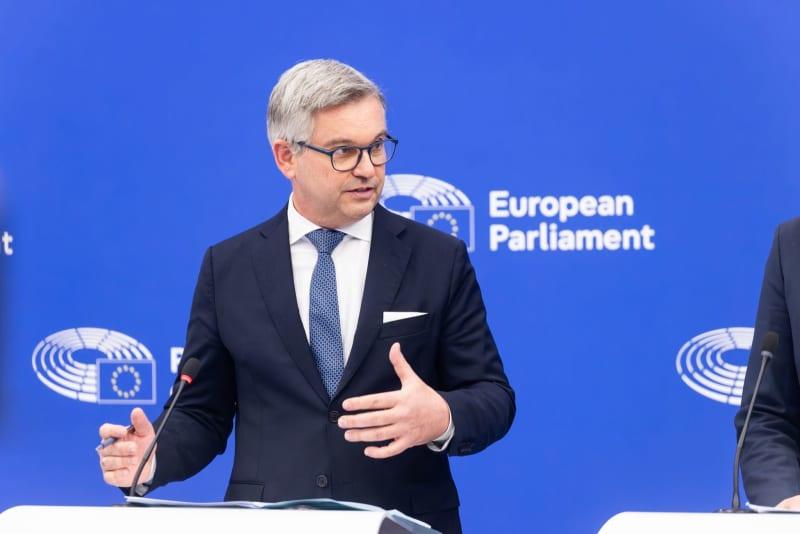The European Union has announced a new plan to deport more migrants and set up “return hubs” in non-EU countries. This initiative aims to create common rules across all 27 EU member states, allowing immigration officials in one country to enforce a deportation order issued by another EU country. The plan is part of a broader effort to address migration challenges and increase the number of people who leave Europe after being denied asylum.
According to European Commission President Ursula von der Leyen, only about 20% of those ordered to leave actually exit Europe. She stated that this number is far too low and that stronger measures are needed to ensure rejected asylum seekers do not remain in the EU. The proposal also introduces new regulations that would allow EU countries to deport migrants to third countries instead of directly sending them back to their home countries.
Magnus Brunner, the EU Commissioner for Migration, said the changes will give member states more options for handling deportations. He explained that the return hubs will serve as temporary locations where migrants can stay before they are eventually sent back to their countries of origin. These centers will be based in non-EU countries that agree to cooperate with the EU on migration policies.
Currently, EU laws only allow the deportation of rejected asylum seekers to their home countries or transit countries unless an alternative agreement is made. However, the new plan seeks to change this by introducing return hubs, which will act as holding centers for migrants awaiting deportation. Rights groups, however, have expressed strong concerns, saying that this approach could violate the rights of asylum seekers and put them at risk.
Silvia Carta from the Platform for International Cooperation on Undocumented Migrants criticized the plan, warning that it could lead to more people being detained in immigration centers, families being separated, and migrants being sent to places where they have no connections. She believes the proposal will make life more difficult for asylum seekers rather than providing a real solution to migration challenges.
The EU has clarified that it will not build or manage these return hubs itself. Instead, it will work with countries outside the EU that are willing to accept deported migrants. This means the EU will rely on diplomatic agreements rather than creating its own facilities. Critics argue that this strategy could result in human rights abuses, as some of these partner countries may not have strong protections for migrants.
Marta Welander from the International Rescue Committee warned that outsourcing deportations to third countries could increase the risks faced by migrants. She emphasized that simply keeping people out of sight will not solve Europe’s migration issues. Many humanitarian organizations believe that a more humane and sustainable approach is needed, one that respects the rights of asylum seekers while addressing concerns about irregular migration.
As the EU moves forward with these changes, the debate over migrant rights and deportation policies is expected to continue. While European leaders see this plan as a way to strengthen migration control, human rights advocates remain skeptical about its long-term impact. The future of EU migration policies will likely depend on negotiations with partner countries and the response from civil society organizations.

